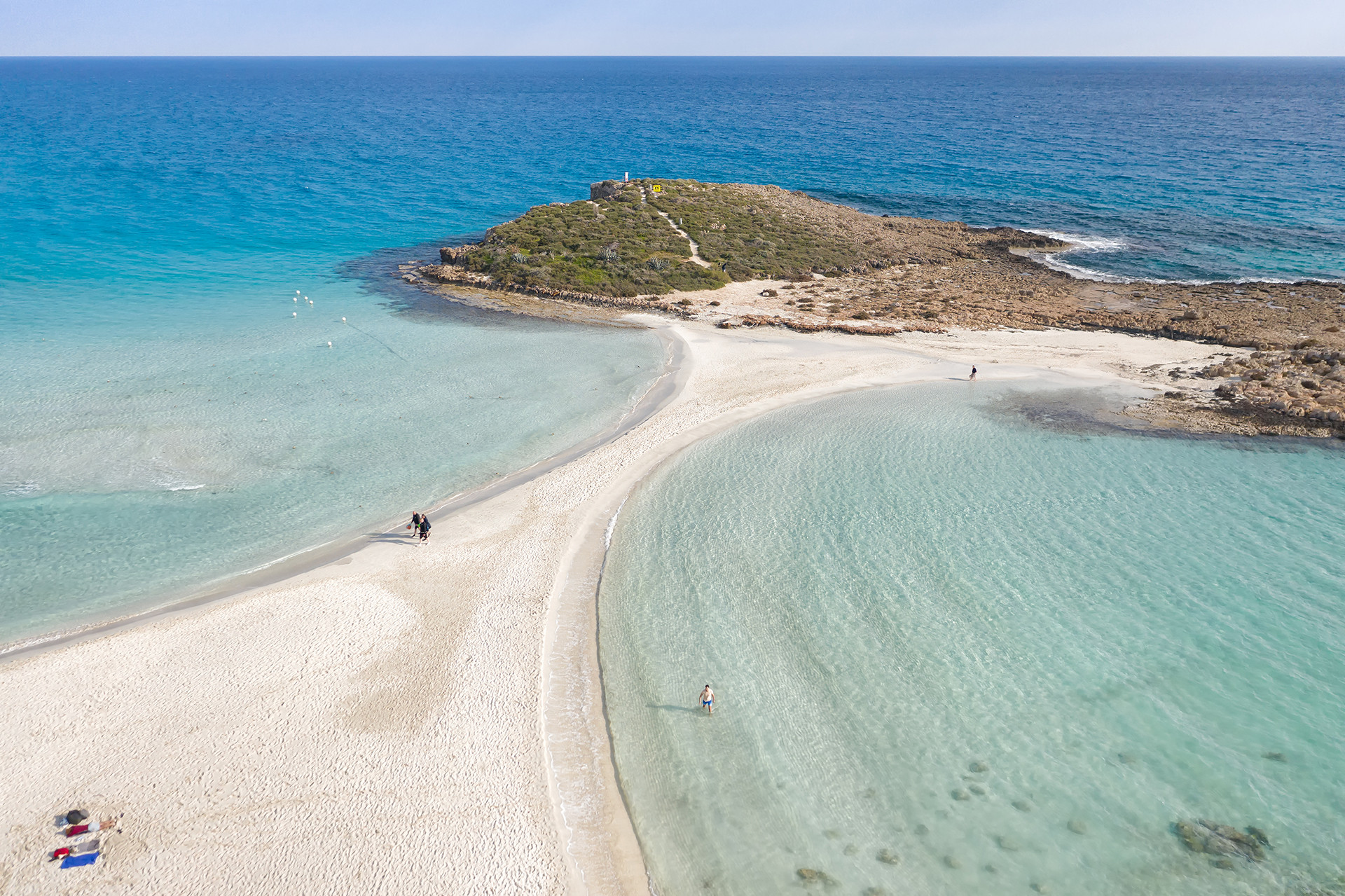Half of Cyprus' beaches could disappear in 50 years
Dr. Giorgos Zittis, a climate scientist from the Cyprus Institute, believes that during the next 50 years, rising sea levels might result in the disappearance of half of Cyprus' beaches. Dr. Zittis stressed the serious threat that climate change poses in his warning on Monday.
"It is anticipated that approximately half of Cyprus' beaches will be destroyed by sea level rise," he said, emphasising how urgent the matter is.
Because much of Cyprus's infrastructure, which includes power plants, shipping ports, and airports, is situated close to the shore, it is particularly susceptible to sea level rise. The nation's tourist sector, which is highly dependent on its beaches, is likewise fraught with danger.
Dr. Zittis noted that Cyprus is becoming hotter and drier due to climate change. Even if emissions were to stop immediately, temperatures would continue to rise for the next 20-30 years.
"Cyprus and the wider Eastern Mediterranean region, a hot spot for climate change, are mainly affected by increasingly higher temperatures, especially during the summer", he said. In contrast, the winter months are when temperatures in northern Europe rise.
The rising temperatures will increase the need for energy and present serious risks to human health and agriculture. Wildfire hazards have increased and heat-related fatalities have already resulted from recent heatwaves.
In addition, precipitation in Cyprus is probably going to decrease during the next few decades. "Although the trends are not as clear-cut as those for temperature, we are moving towards drier climate averages", said Dr. Zittis.
He emphasised how Cyprus must adjust to these shifting circumstances and drastically reduce emissions over the course of the next ten years. Increasing water efficiency, increasing building energy efficiency, cultivating heat-resistant crops, and changing the tourism business model to draw tourists during the cooler months are some examples of this adaptability.
He issued a warning, saying, "Our summers may become too hot even for tourists".
Even with continuous attempts to lower greenhouse gas emissions, Dr. Zittis thinks more can be done. We are behind a little. There is potential for development, particularly in the production of power, and these initiatives may be intensified ", he said in closing.
 home
home